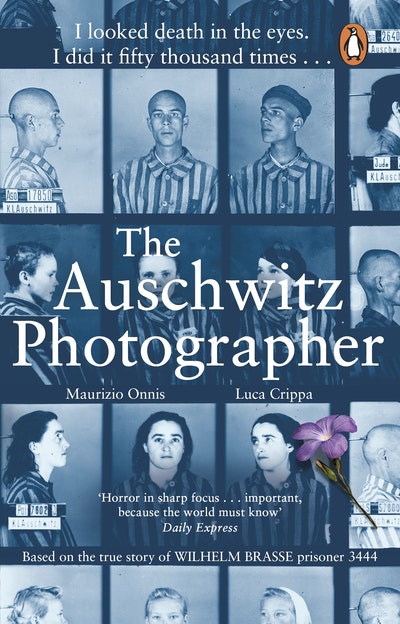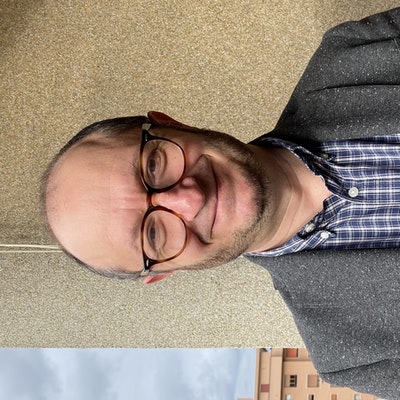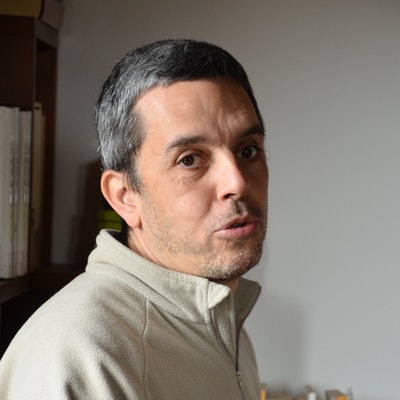When Germany invaded Wilhelm Brasse's native Poland in 1939, he refused to swear allegiance to The Wehrmacht. He was deported to Auschwitz concentration camp as political prisoner number 3444. A trained portrait photographer, he was ordered by the SS to record the inner workings of the camp. He began by taking identification photographs of prisoners as they entered, went on to capture the criminal medical experiments of Josef Mengele, and also recorded executions. Between 1940 and 1945, Brasse took around 50,000 photographs. He took them because he had no choice. Brasse's conscience wouldn't allow him to hide behind his camera forever. First he risked his life by joining the camp's Resistance movement, faking documents and trying to smuggle images to the outside world to reveal the horror. Then, as Soviet troops advanced on the camp to liberate it, Brasse refused SS orders to destroy his photographs. 'Because the world must know,' he said. For readers of The Librarian of Auschwitz and The Boy Who Followed His Father into Auschwitz, this extraordinary true story of hope and courage lies at the very centre of Holocaust history.




